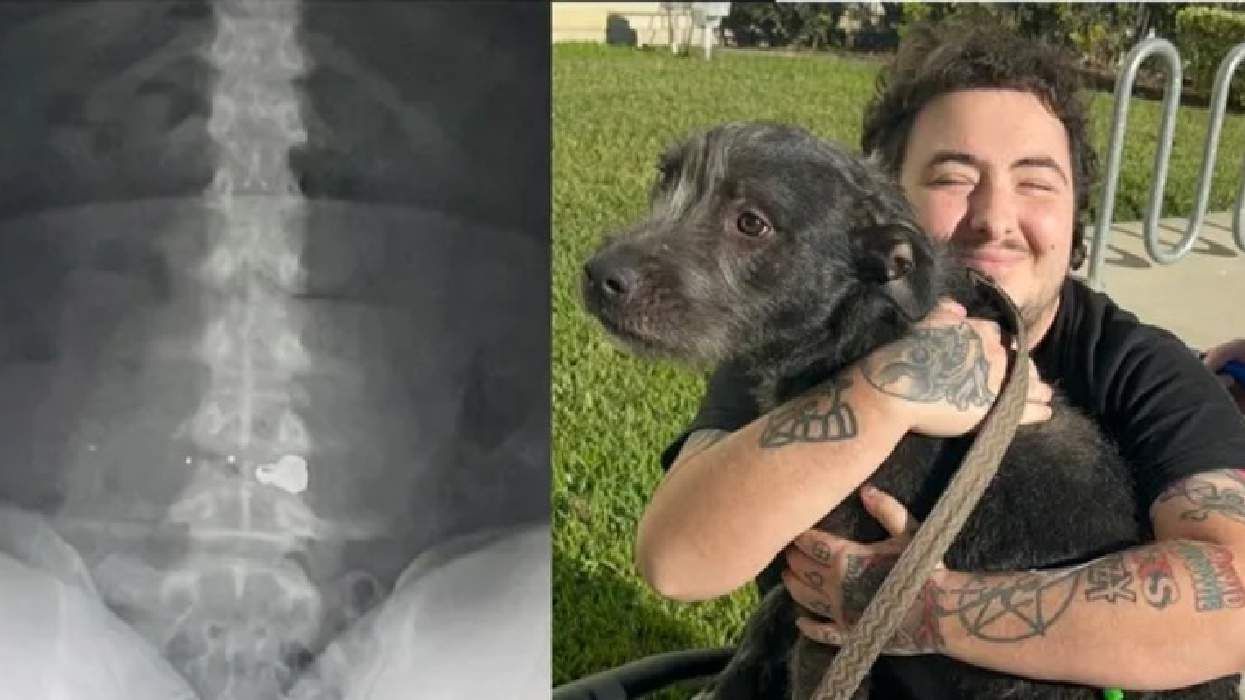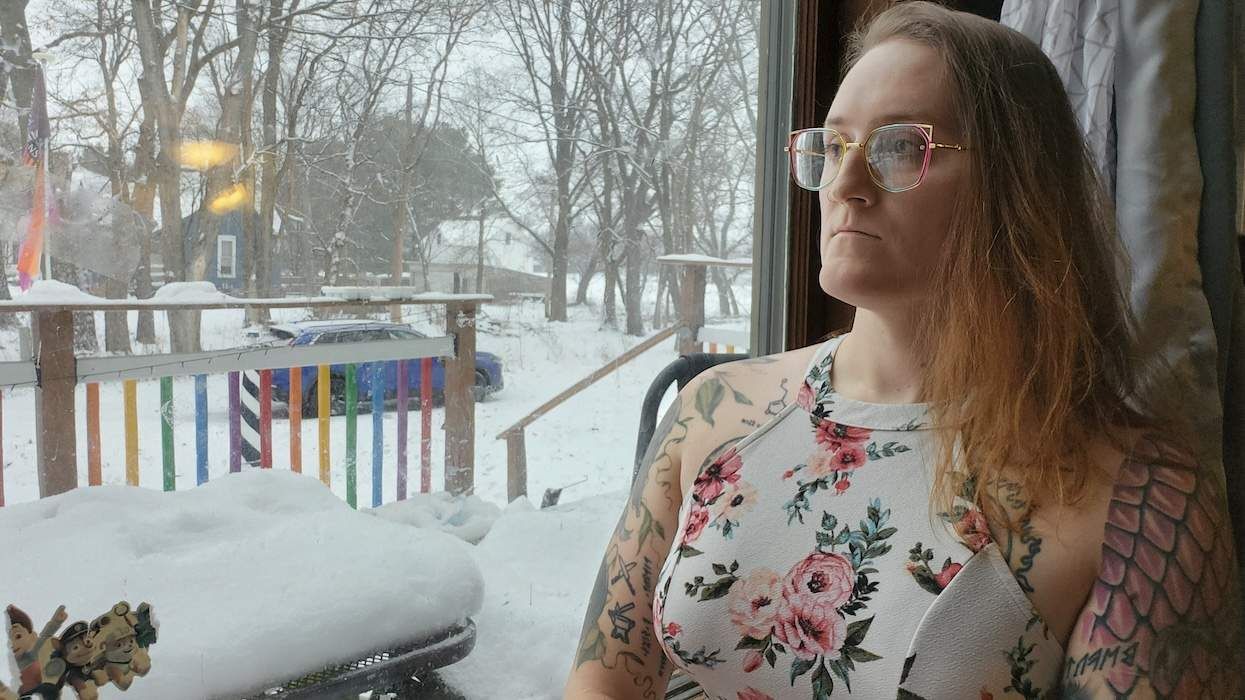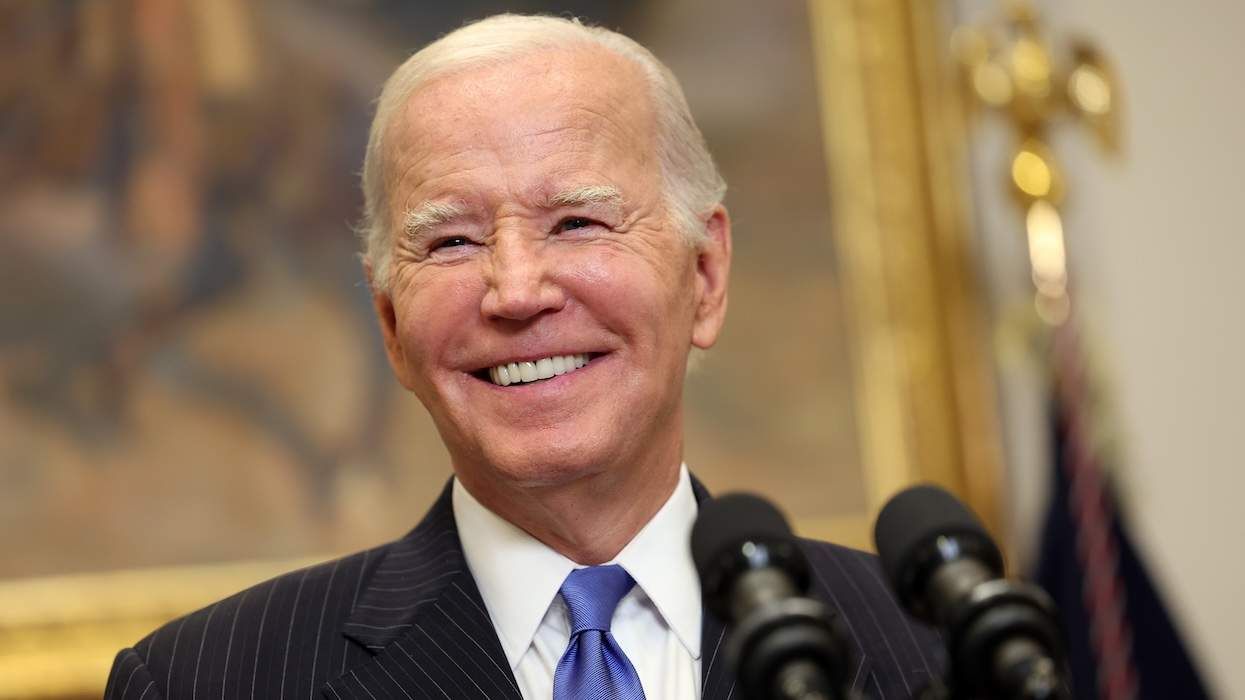Battles over the
custody of children between estranged spouses are
nothing new. But this one involves a child born to a lesbian
couple in a since-dissolved civil union. And the case
might end up in the U.S. Supreme Court because it
produced dueling court rulings in Vermont, the first
state to legally recognize same-sex relationships, and
Virginia, which has a law saying neither same-sex
marriages nor civil unions carry the force of law in
that state.
The case comes up for argument before the
Vermont supreme court on Wednesday and before the
Virginia court of appeals a week later. Both
supporters and detractors of same-sex marriage and civil
unions say whatever the outcome, it may become a
landmark in the debate over what laws should govern
same-sex relationships and the children born to them.
"This case has significant implications for a
number of reasons," said Mathew Staver, a lawyer with
Florida-based Liberty Counsel, which opposes same-sex
unions. He said there have been other cases in which
out-of-state courts have been asked to grant dissolution of
Vermont civil unions and refused because their states
don't honor such unions. In this case, however, "you
have two state laws clashing for the very first time."
If the fight goes to the U.S. Supreme Court, "this would
have major precedential value," Staver said.
Jennifer Levi, a lawyer with Gay and Lesbian
Advocates and Defenders who will represent Janet
Jenkins at Wednesday's hearing, called that kind of
speculation premature. She hopes that both courts will allow
her client visitation with the 3-year-old girl at the
center of the controversy.
Jenkins, now 40, and Lisa Miller, 36, both
Virginia natives, fell in love in their home state,
came to Vermont in 2001 just long enough to get a
civil union, and returned home. In Virginia, Miller got
pregnant by artificial insemination, and she gave
birth in April 2002 to a girl they named Isabella.
They later returned to Vermont, where they lived
for a little more than a year before breaking up. In
filing for dissolution, Miller filled out paperwork
indicating that Isabella was the child of the civil union, a
fact that Jenkins's legal team is using to argue that under
Vermont law Jenkins is a parent of Isabella. Miller
later changed her mind and asked Rutland family court
judge William Cohen to find that she was Isabella's
sole parent. The judge denied her request and granted
Jenkins visitation, even though she never formally
adopted Isabella.
Miller appealed to the Vermont supreme court.
She also moved back to Virginia and won a declaration
in that state's courts that she was Isabella's sole
parent, with no obligation to Jenkins for visitation or
anything else. Federal law, particularly the Parental
Kidnapping Prevention Act, is set up to block a parent
unhappy with one state's custody order from taking a
child to another state's court in search of a more
favorable outcome. It says the second state must honor the
first state's ruling on custody and visitation, and
Jenkins's lawyers are relying on this law in arguing
that Virginia should let the Vermont ruling stand.
Miller said she does not dwell on the outcome.
"I don't think about it one way or another," she said.
"It's in God's hands." (AP)




































































Charlie Kirk DID say stoning gay people was the 'perfect law' — and these other heinous quotes